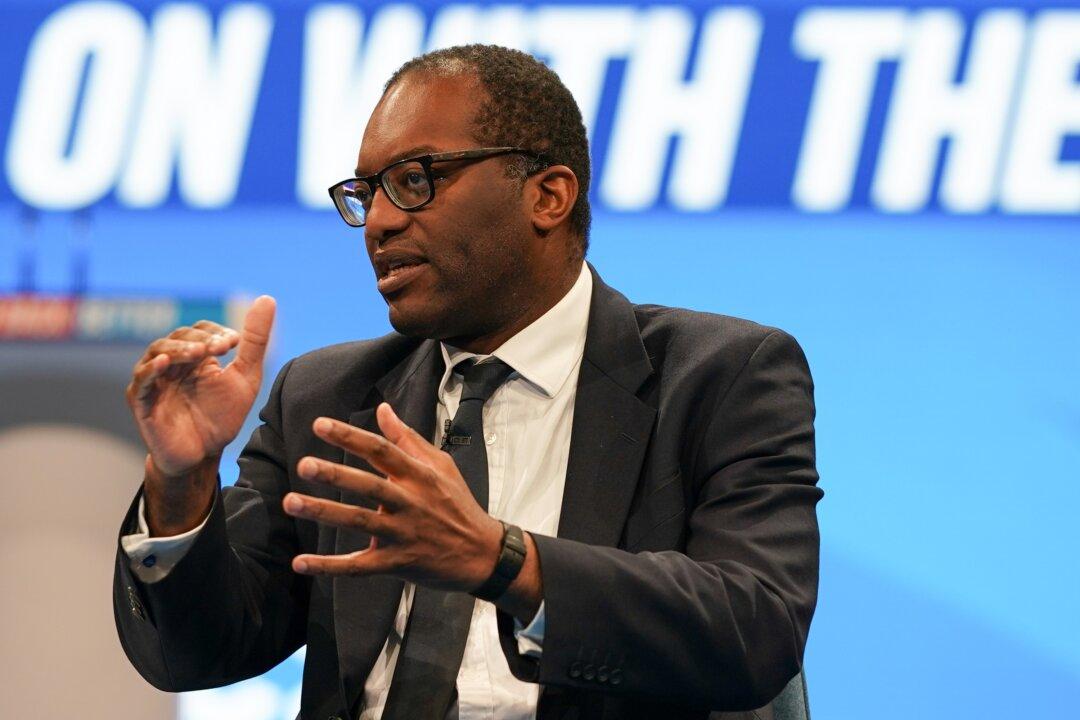The UK government has rejected calls for COVID-19 restrictions to be reintroduced, saying that the number of hospital admissions and deaths are much lower than they were at the beginning of the year.
Matthew Taylor, chief executive of the National Health Service Confederation, which represents the entire health care system in England, Wales, and Northern Ireland, urged the government on Oct. 19 to implement the so-called Plan B, a backup strategy that involves measures such as vaccine passports and mandatory face coverings in public places.





